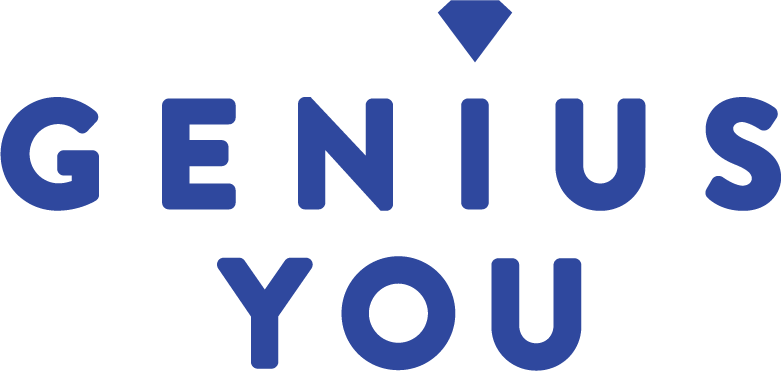ADHD, handicap, or just the beginning of an amazing adventure?
As someone diagnosed with ADHD later in life, I understand the importance of realising that the diagnosis is just the beginning of a transformative journey. Now I see it as part of my mission to help individuals who discover their ADHD well into adulthood, because I know firsthand that the diagnosis is not the end of the road. It is the starting point.
At Genius You, I assist people in understanding how their minds work and how to leverage their emotions constructively to uncover their brilliance. I want to emphasise that medication is just one piece of the puzzle for treating ADHD. It's not the sole solution.
ADHD often leads to mood dysregulation. When ADHD goes undiagnosed, individuals miss out on the opportunity to address it, resulting in a strong desire for validation, low self-esteem, conformity to societal expectations, and a defensive approach to life.
Receiving an ADHD diagnosis marks the beginning of a transformative journey, regardless of age. Primed with new insights, it now becomes crucial to reassess our thinking, behaviours, and beliefs, challenging and correcting any misconceptions we may have about ourselves and paving the way for positive change.
Recognising that neurodiversity is a unique neurological difference; I urge adults diagnosed with ADHD to embark on a process of recalibration. By understanding our distinctive emotional processing and integrating this newfound knowledge, we can harness our potential and move forward with greater self-awareness and purpose.
Previously misunderstood behaviours can now be reframed in the context of our neurological differences. This leads to a more informed approach to decision-making and building relationships.
For many years, individuals with ADHD may have experienced intense highs and lows, especially in their relationships. These emotional rollercoasters can be attributed to our unique neurological processing of information. With a fresh perspective gained from the ADHD diagnosis, we can take the time to develop connections based on a newfound understanding of ourselves. This process of re-evaluating and contextualising our experiences is crucial in our journey towards personal growth.
To support adults with ADHD on their path of self-discovery and empowerment, I offer three valuable tips that I have learned from my journey:
Recognise the New Context: Embrace the new understanding that an ADHD diagnosis provides, allowing for a fresh perspective on our past beliefs and emotions.
Find Your Process: Take the time to understand your beliefs, thoughts, and emotions, ensuring they align with your newfound understanding of ADHD.
Embrace Support Groups: Seek out support groups specific to ADHD and dyslexia, where active learning and knowledge-sharing can help you embrace your unique neurology.
By embracing ADHD as an opportunity for growth and learning, we can shed fear and misunderstanding. With the power of medication and an informed approach to self-improvement, we can confidently navigate the world, leaving behind the limitations of our past experiences.
Remember, an ADHD diagnosis is not the end—it's the beginning of a remarkable journey of self-discovery, empowerment, and personal growth.

